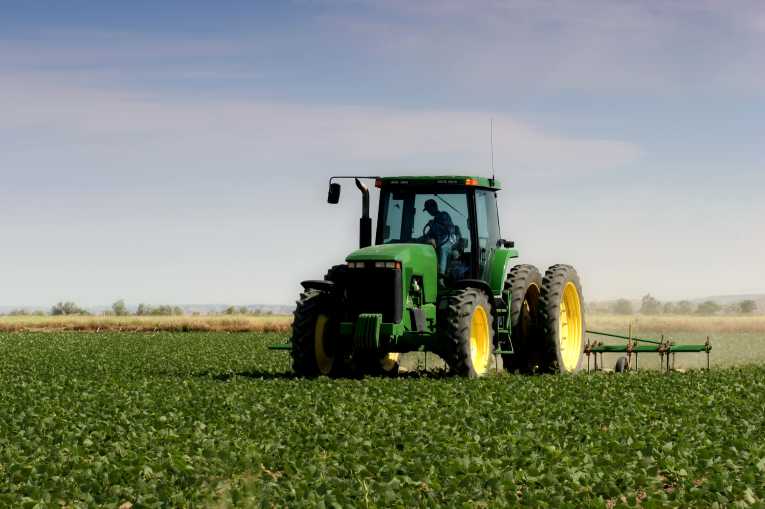The 2014 Farm Bill has something for every New Mexican who makes a living by farming or ranching. The bill, which became law in February, affects Department of Agriculture programs until fiscal year 2018.
Most significantly, the bill replaces direct and countercyclical payments to farmers with expanded crop insurance offerings.
The discontinued program subsidized farmers based on historical acreage and yields rather than actual yield, while countercyclical payments compensated farmers when crop prices fell.
Moving forward, farmers who grow eligible crops must choose between Price Loss Coverage or Agricultural Risk Coverage; the first pays farmers if market prices fall below established benchmarks, while the second pays only if crop revenue falls short of established guarantees. Crop insurance is often required by lenders.
For dairy farmers, the new Margin Protection Program for Dairy Producers pays dairy farmers based on the difference between the price of milk and the cost of feed to produce it.
The federal Credit Commodity Corporation will subsidize 65 percent of the insurance premiums for these programs.
The bill also:
Restores livestock disaster assistance retroactive to 2011, when the last relief program expired and left ranchers vulnerable to the forage-crop-killing 2012 drought and severe winter storms that decimated herds.
Increases investment in local food, rural development, organic agriculture and healthy food access initiatives. The Farmers Market and Local Food Promotion Program will support direct farmer-to-consumer marketing channels and provide grants to farm-to-institution enterprises, food hubs and other ventures that process, distribute or store foods produced locally or regionally. Local food activists hope the increased funding and broader funding categories will stimulate growth along the entire spectrum of local and regional food production.
Increases mandatory funding for Specialty Crop Block Grants, which should expand opportunities for farmers, entrepreneurs and community groups to develop local and regional food systems focused on fruits and vegetables.
Invests in the next generation of American farmers by funding and improving programs that support novices and remove entry barriers to farming. The bill funds training through the Beginning Farmer and Rancher Development and Outreach and Assistance to Socially Disadvantaged Farmers and Ranchers programs. The Transitions Incentive Program gives retiring farmers incentives to lease or sell land to beginners, and a Microloan Farm Credit program extends low-interest loans to beginning and limited-resource farmers.
Ranchers had hoped the act would repeal country-of-origin rules that require product labeling to show where beef, pork, chicken and fish were born, raised and slaughtered. The rules, which aim to ban the co-mingling of meat from different countries, raise administrative costs for ranchers who move livestock across the border and for processing plants that must segregate livestock.
For more information, contact Veronica Tribbett at 505-761-4907 or veronica.tribbett@nm.usda.gov.
Download 368_Agriculture Bill Brings Changes for State’s Farmers, Farmer’s Markets PDF

